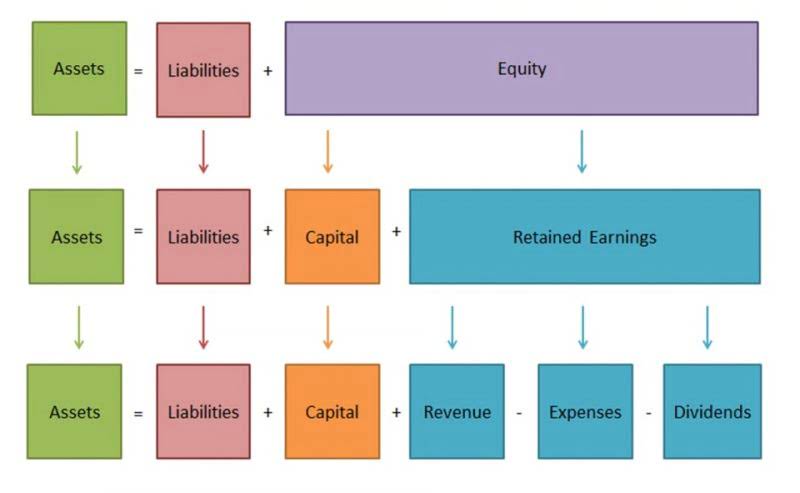
The federal government of every country sets out the standards and guides for audits. A performance audit in UAE is the self-governing appraisal of statutory reporting an entity’s processes to analyze the performance of certain business arrangements. Performance audits get affiliated by government offices at all levels and receive federal funding. A regulatory audit in the UAE aims to confirm that a plan or project is compliant with regulations and standards. Best practices specify that a regulatory audit has to be accurate, objective, unbiased, and independent with oversight and assurance to the company.

What is Governance, Risk, and Compliance (GRC)? A Complete Guide
Regulatory agencies have the authority to investigate and enforce compliance to protect public interests. Compliance with Statutory Accounting Principles (SAP) offers several benefits to businesses operating in regulated industries. When SAP is adhered to, stakeholders such as regulators, investors, and contract holders can gain a clearer understanding of an organization’s financial position. Due to its regulated status and long-term infrastructure investments, the utility sector confronts unique challenges.
Quality Mission and Policy

Both legislation and regulation have significant impacts on society and businesses. Legislation sets the legal framework and establishes the fundamental rights and obligations of individuals and organizations. It provides a sense of stability, predictability, and consistency in the application of laws.

What Is Regulatory Law
Kaizen enables comprehensive data quality testing and provides complete transparency into reporting accuracy through its Kaizen Hub platform. Further, Kaizen’s Advanced Regulatory Reconciliation service facilitates businesses’ detection of any discrepancies, such as under- or over-reporting. Regulatory is a special term used to describe the regulation of laws that come from different levels of the government. In the past, financial reporting teams did not have a clear blueprint or visibility to the steps and statuses necessary to provide validated financial data. However, the integration between Trintech’s Cadency solution and the Workiva platform uniquely addresses this to greatly increase the visibility and confidence in the financial close and reporting process. Review around expanded regulatory reporting has continued in APAC and Latin America and as new mandates are enacted, companies need to manage these new, often unfamiliar requirements.
For example, mandatory financial reporting to the Securities and Exchange Commission (SEC) counts as statutory reporting. The same holds bookkeeping true in other countries, as European authorities and Asia-Pacific (APAC) nations have their own requirements and regulations that must be followed. Both statutory requirements and regulatory requirements are those requirements that are required by law. Failure to comply with a legal requirement may result in a fine or penalty and possibly a custodial sentence for the person or persons responsible or organization for such failure. If a company violates regulatory laws, it may face penalties such as fines, legal action, or even the loss of its license to operate.
- Understanding this division helps in comprehending how government policies are created and put into practice.
- By being fully transparent with their data, institutions can avoid potential issues.
- Effective communication and collaboration among the accounting team are also essential for successful reconciliation.
- For example, beneficiaries may elect to receive interest only, or principal plus interest, which means the insurer must set aside funds to pay these payments over time.
Key Changes on IATF Rules 6th Edition
Management reports contain information that will help you improve your processes, review the performance of staff, products and services and Remote Bookkeeping ultimately make decisions that will drive your future profitability. Crucially, reports contain and present business data that provides vital insights for both the owner, the management team and employees, as well as to external stakeholders. General standards cover areas of professional judgment, quality control, and competence. It aims to ensure the auditor is independent, capacity, and abides internal quality controls. Field standards apply to planning, gathering evaluation material and preparing the required documentation, and seeks to outline the auditor’s objectives, procurement, and operations. Organizations today face higher expectations from regulators, stakeholders, and consumers, all of whom demand transparency, accountability, and responsibility.
